10 common conditions in cats and dogs
There are lots of reasons your pet might need a trip to the vet (along with their regular check-ups). From stomach upsets to aches and pains, some conditions are definitely more common than others.
Our vets have put together the 10 most common conditions they see in cats and dogs.
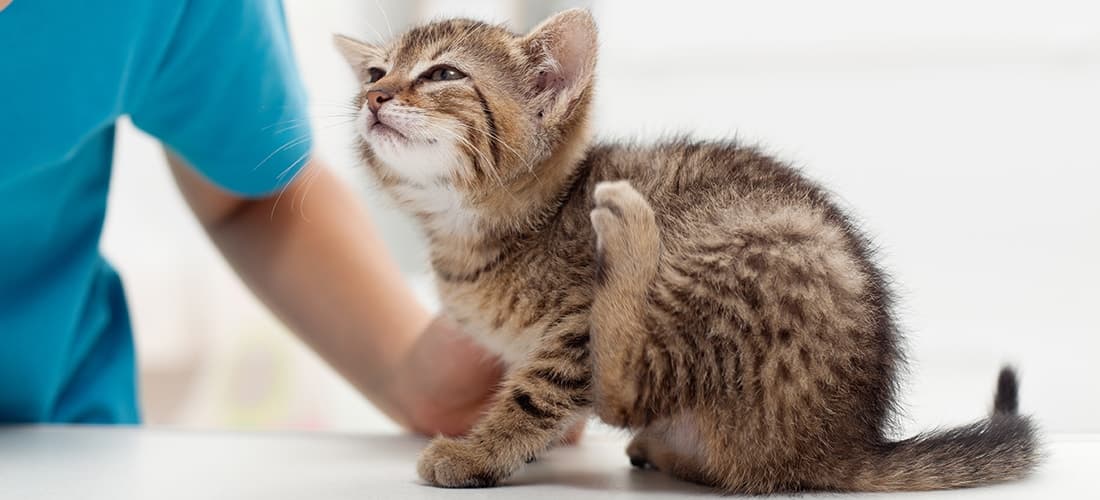
Skin problems are among the most common reason for dogs and cats to see their vet. There are loads of different things that could cause skin problems, including allergies, parasites and infections.
If you’d like more information on skin problems in pets, take a look at our PetWise Pet Health Hub:

Just like us, our cats and dogs can get diabetes, too (much like in humans). They’ll need daily injections of insulin to help control their blood sugar levels.
Any breed of cat or dog can develop diabetes, but obesity and fatty foods can increase your pet’s chance of developing it. Keep your pet a healthy weight and feed a balanced diet to reduce the risk of diabetes.
You can read more about diabetes in dogs and cats on our PetWise Pet Health Hub:
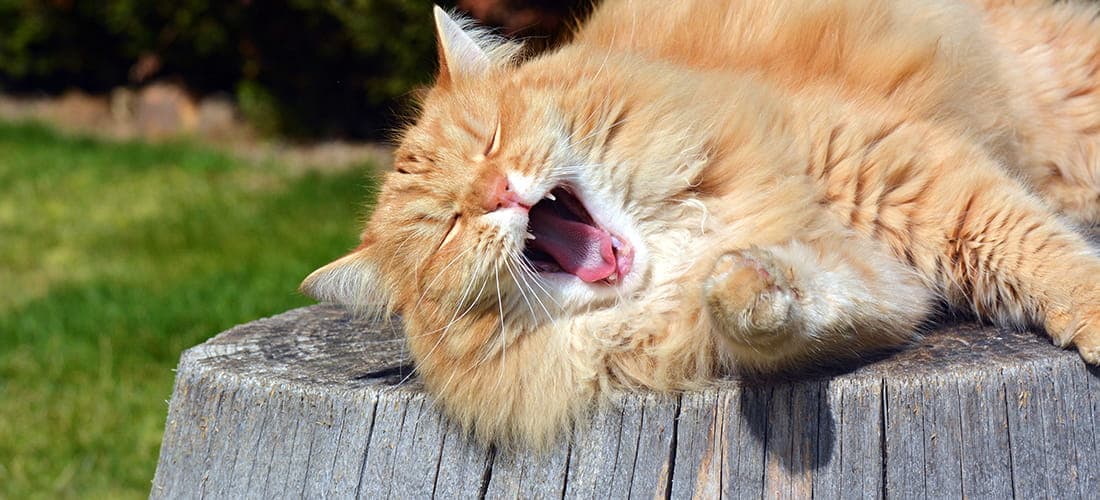
There are different types of arthritis but osteoarthritis is most common and tends to affect older cats and dogs (just like in humans!). Arthritis is the inflammation of joints which can cause pain and stiffness in our pets.
Older pets are more likely to develop arthritis, along with certain breeds of dog and cat. Being overweight can also make your pet more likely to suffer from arthritis.
If you’d like to know about the symptoms and treatment of arthritis in cats and dogs, take a look at our PetWise Pet Health Hub:

Epilepsy is a brain disorder that causes seizures (or fits) in cats and dogs. It can be distressing when your pet has a fit, but luckily epilepsy can usually be managed with medication and monitoring from your vet.
Epilepsy is more common in dogs but can develop in cats, too. It’s usually ‘young adult’ dogs (six months to six years old) who develop epilepsy.
There's also several other possible causes of seizures other than epilepsy, including low blood sugar, poisoning, brain disease, liver disease and head trauma.
We have more information about epilepsy and seizures on our website:

All cats and dogs are sick sometimes and there are lots of different causes for an upset stomach. Mild cases will usually pass in around 24 hours, but if it’s particularly severe or goes on for longer you should take your pet to the vet.
You can read more about vomiting in cats and dogs on our PetWise Pet Health Hub:
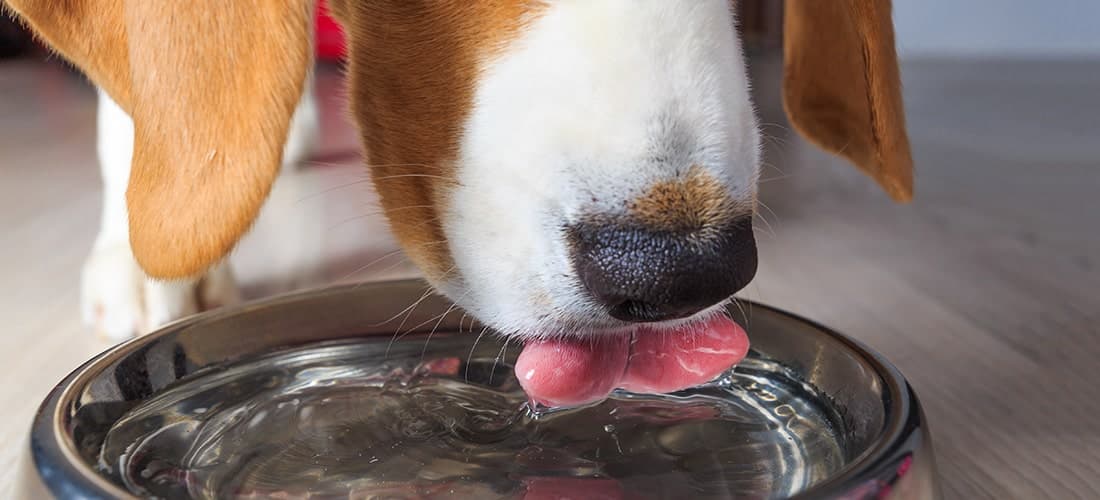
Cushing’s disease – also known as hyperadrenocorticism – develops when a tumour causes your pet’s body to produce too much stress hormone (cortisol, a steroid) from their adrenal glands. This can be either due to a problem with the adrenals themselves, or due to a hormone signal from the brain, called ACTH, pushing them to make more cortisol.
Although Cushing’s is rare in cats, it’s relatively common in dogs and symptoms can include increased thirst, pot-bellied abdomen, obesity, muscle weakness and dark patches on their skin.
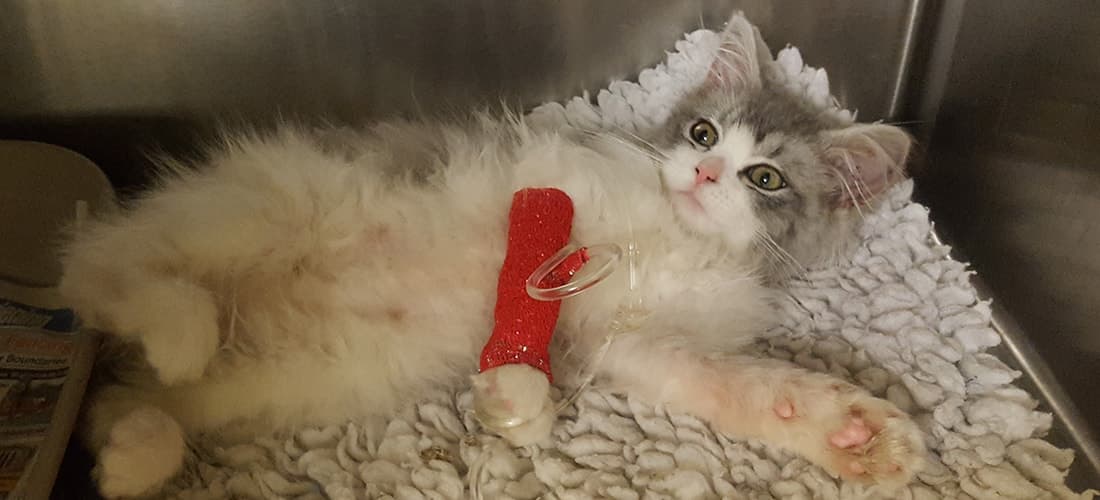
Our pets can get into all sorts of mischief when they’re out and about, which doesn’t always end well for them! Smaller grazes you might be able to treat at home with first aid, but more serious wounds will need a trip to the vet.
Read more about wounds and skin injuries on our PetWise Pet Health Hub:
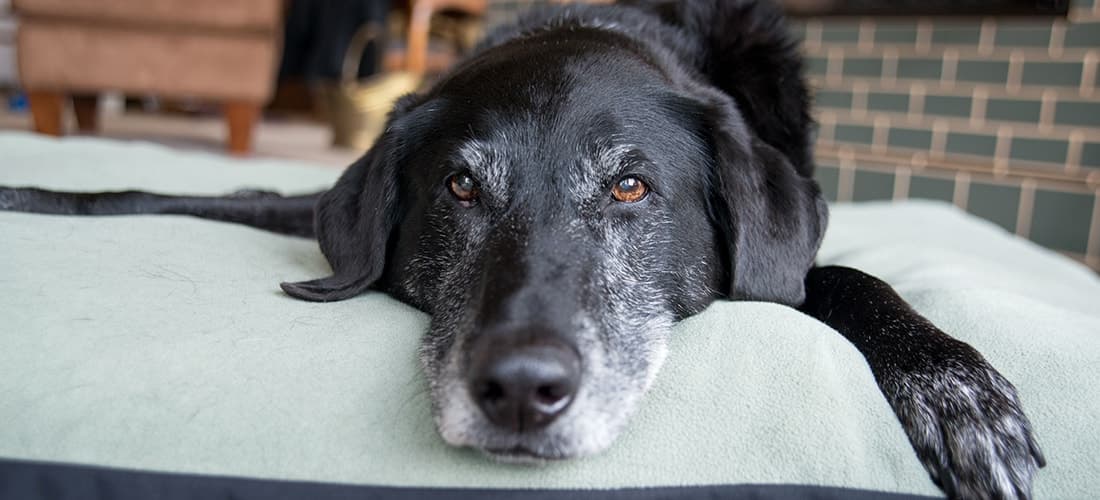
Hypothyroidism is also called under-active thyroid and is where the thyroid doesn’t produce enough of a certain hormone. It’s most common in dogs but can happen in cats, too.
Some of the symptoms of hypothyroidism include lethargy, weakness, weight gain and hair loss. It can be managed, but you’ll need to visit the vet for a diagnosis.
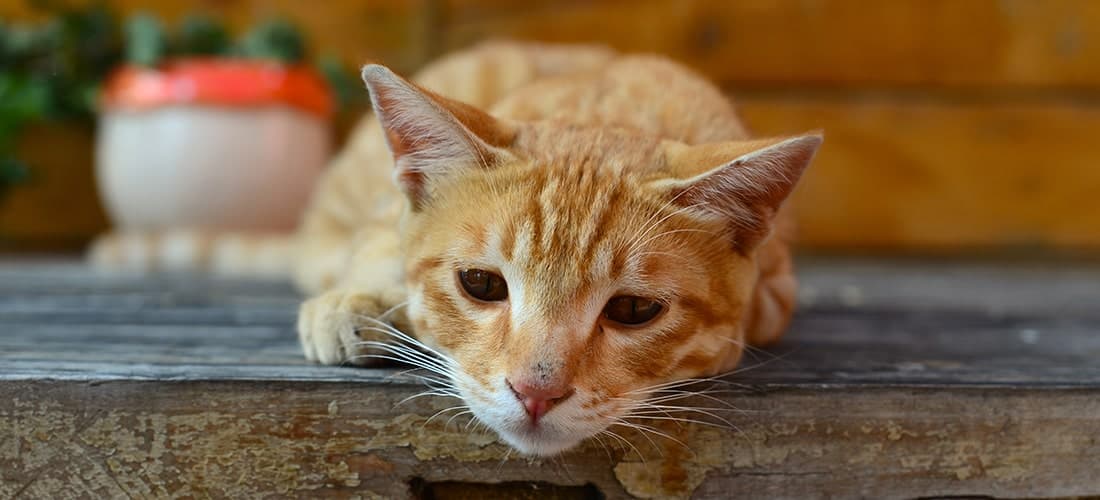
Hyperthyroidism is an over-active thyroid where the thyroid produces too much of a certain hormone. This is more common in cats than dogs (although it can still happen in dogs). Common symptoms are increased hunger with weight loss, hyperactivity and vomiting.
Middle-aged and older cats are more likely to develop hyperthyroidism, but it can be managed by your vet. Visit our Pet Health Hub for more information.

While hip dysplasia can happen in any pet, it’s more common in dogs and is usually passed down from affected parents. Hip dysplasia usually leads to arthritis in the affected hips in later life. Luckily there are screening tests for breeding dogs to help reduce the levels of hip dysplasia in puppies. There are also some management options available for pets already suffering from hip dysplasia.
You might notice symptoms such as you pet struggling to get up, reluctance to exercise, ‘bunny hopping’ instead of using their back legs properly and less movement in their hips. It’s important to take your pet to the vet if you start noticing these symptoms as the sooner it’s diagnosed, the sooner your vet can treat hip dysplasia.
Read more about hip dysplasia on our Hub:
Want to protect your pet?
Be prepared for whatever happens next with PDSA Pet Insurance
PDSA Pet Insurance
With a choice of policies to suit every budget, PDSA Pet Insurance gives you peace of mind that you're covered for whatever happens next.
Take a look at PDSA Pet Insurance policies for further information.
PDSA Trading Limited is an introducer appointed representative of Pinnacle Insurance ltd which is authorised by the Prudential Regulatory Authority and regulated by the Financial Conduct Authority and the Prudential Regulation Authority (register number 110866). Registered Office: 4th Floor, Limelight, Elstree Way, Borehamwood, Hertfordshire, WD6 1JH. PDSA Pet Insurance is a trading style of and arranged, administered & underwritten by Pinnacle Insurance ltd. PDSA Trading Limited and Pinnacle Insurance ltd are not part of the same corporate group.
